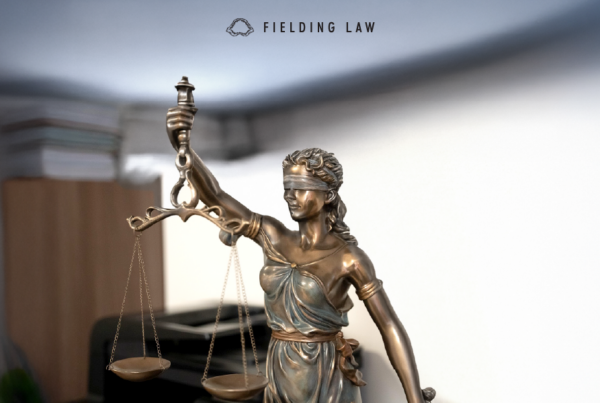California’s roads grant motorcyclists a unique privilege – lane splitting. Understanding the dynamics and legalities is crucial for safe navigation. This article explores California’s lane splitting laws, covering legality, safety tips, and post-accident guidance. At Fielding Law, we offer caring support and legal expertise. Call 833.88.SHARK for guidance.
Understanding Lane Splitting in California
Motorcyclists can split lanes in California, but caution is key. It is advised to stay within 10 mph of surrounding vehicles, especially in traffic over 30 mph. Lane splitting differs from sharing, enhancing visibility when two motorcyclists ride side-by-side.
Navigating the Aftermath of a Motorcycle Accident
Motorcycle accidents demand fault determination for compensation. Filing an insurance claim is the first step, but with lane splitting, proving liability can be complex. Seek experienced legal guidance for intricate cases.
FAQs About California Motorcycle Lane Splitting Laws
Is Lane Splitting Legal in California?
How Fast Can You Lane Split?
Can You Lane Split on the Highway?
Why Does the State Allow Lane Splitting?
What Happens if a Lane-Split Leads to an Accident?
Hire Fielding Law as Your Lane Splitting Accident Attorneys
In California’s complex road network, motorcyclists must grasp the intricacies of lane splitting, respecting its legalities and safety nuances. Responsible riding is the key to a secure journey, ensuring harmony amidst traffic intricacies.
In the unfortunate event of a motorcycle accident, Fielding Law provides not just legal expertise but empathetic guidance. Call 833.88.SHARK, and our team stands ready to be your ally, offering comprehensive assistance in navigating the aftermath of motorcycle accidents.
California’s lane splitting laws strike a delicate balance – a unique privilege demanding heightened responsibility from motorcyclists. As advocates for safety, Fielding Law is not just a legal representative but a partner, ensuring riders travel with confidence. Trust us for legal acumen and compassionate support.
Note: Information provided is for educational purposes and does not constitute legal advice. Always consult with a qualified attorney for legal concerns.





